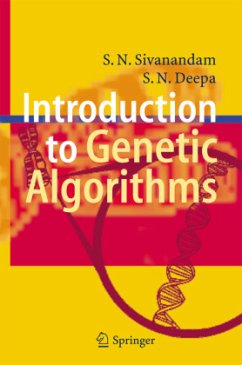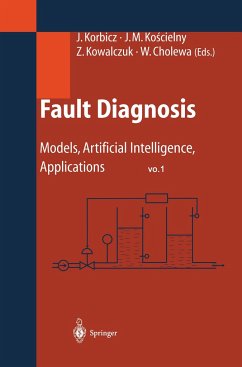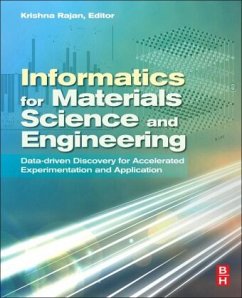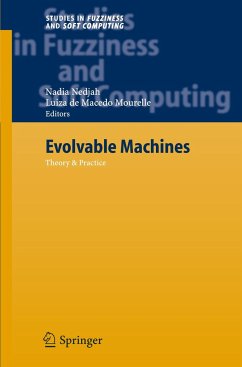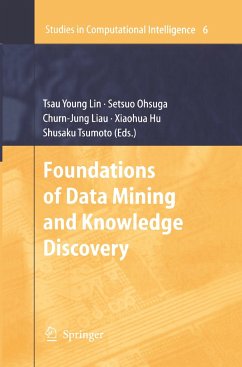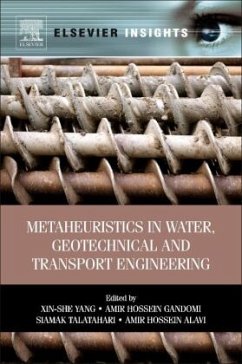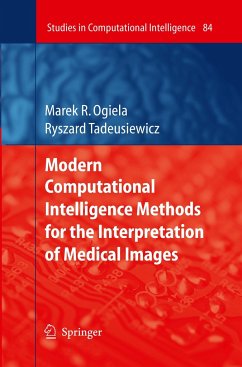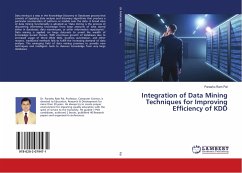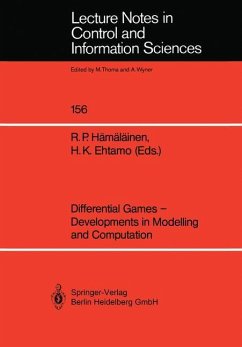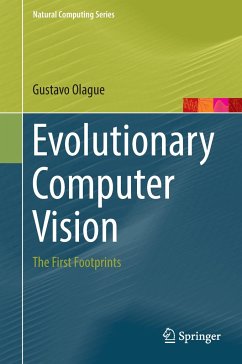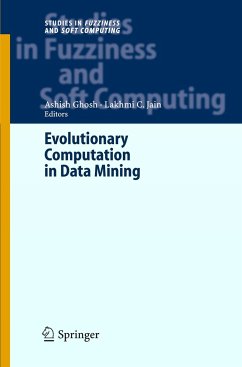
Evolutionary Computation in Data Mining

PAYBACK Punkte
38 °P sammeln!
Data mining (DM) consists of extracting interesting knowledge from re- world, large & complex data sets; and is the core step of a broader process, called the knowledge discovery from databases (KDD) process. In addition to the DM step, which actually extracts knowledge from data, the KDD process includes several preprocessing (or data preparation) and post-processing (or knowledge refinement) steps. The goal of data preprocessing methods is to transform the data to facilitate the application of a (or several) given DM algorithm(s), whereas the goal of knowledge refinement methods is to valida...
Data mining (DM) consists of extracting interesting knowledge from re- world, large & complex data sets; and is the core step of a broader process, called the knowledge discovery from databases (KDD) process. In addition to the DM step, which actually extracts knowledge from data, the KDD process includes several preprocessing (or data preparation) and post-processing (or knowledge refinement) steps. The goal of data preprocessing methods is to transform the data to facilitate the application of a (or several) given DM algorithm(s), whereas the goal of knowledge refinement methods is to validate and refine discovered knowledge. Ideally, discovered knowledge should be not only accurate, but also comprehensible and interesting to the user. The total process is highly computation intensive. The idea of automatically discovering knowledge from databases is a very attractive and challenging task, both for academia and for industry. Hence, there has been a growing interest in data mining in several AI-related areas, including evolutionary algorithms (EAs). The main motivation for applying EAs to KDD tasks is that they are robust and adaptive search methods, which perform a global search in the space of candidate solutions (for instance, rules or another form of knowledge representation).



